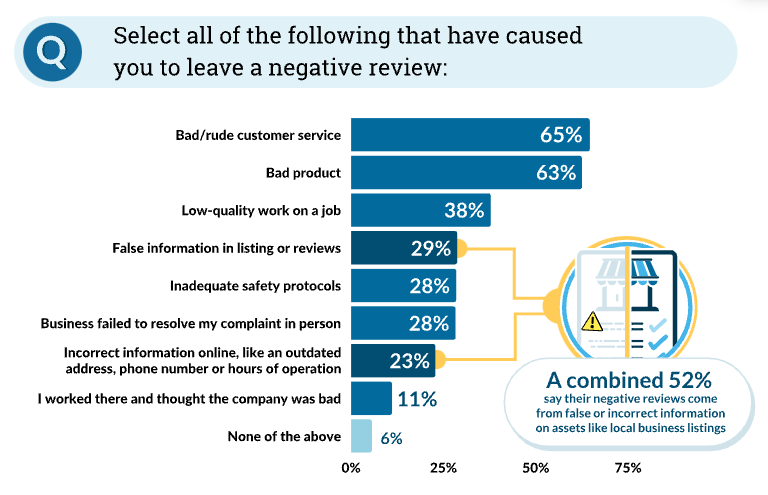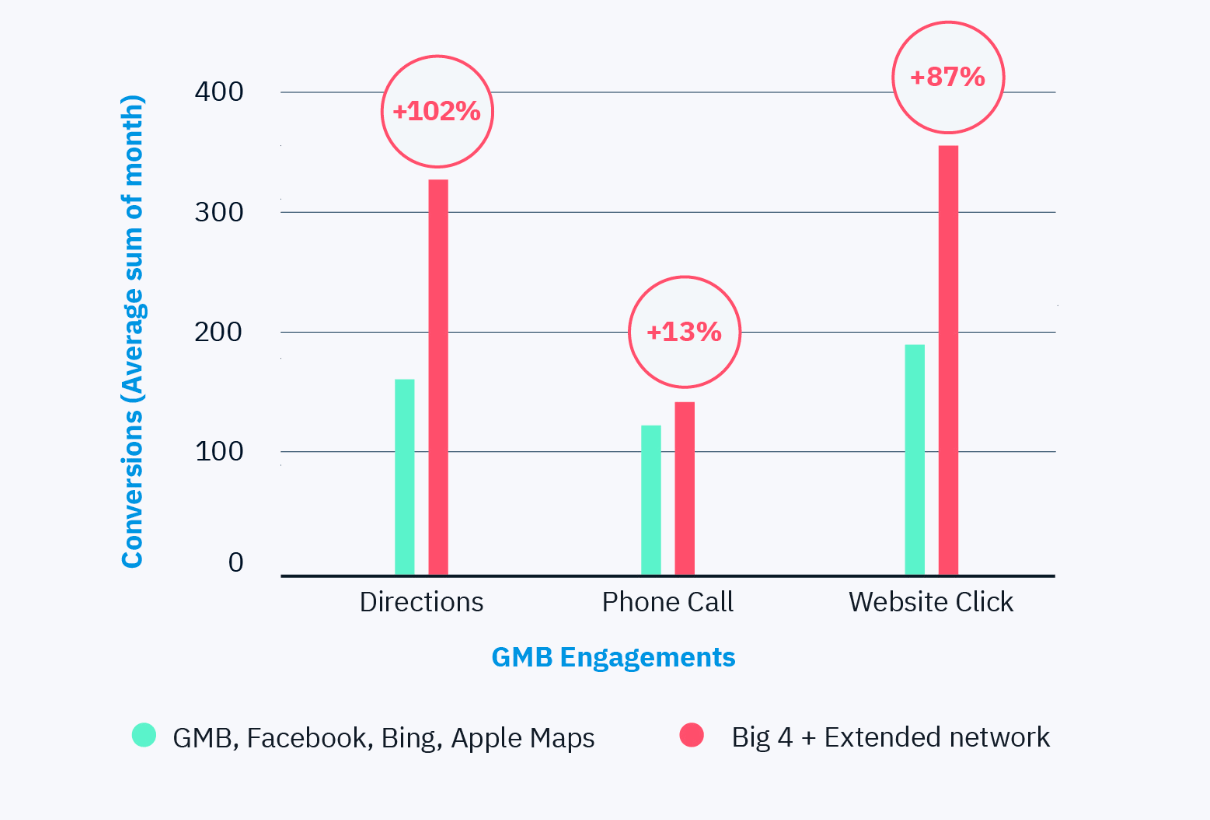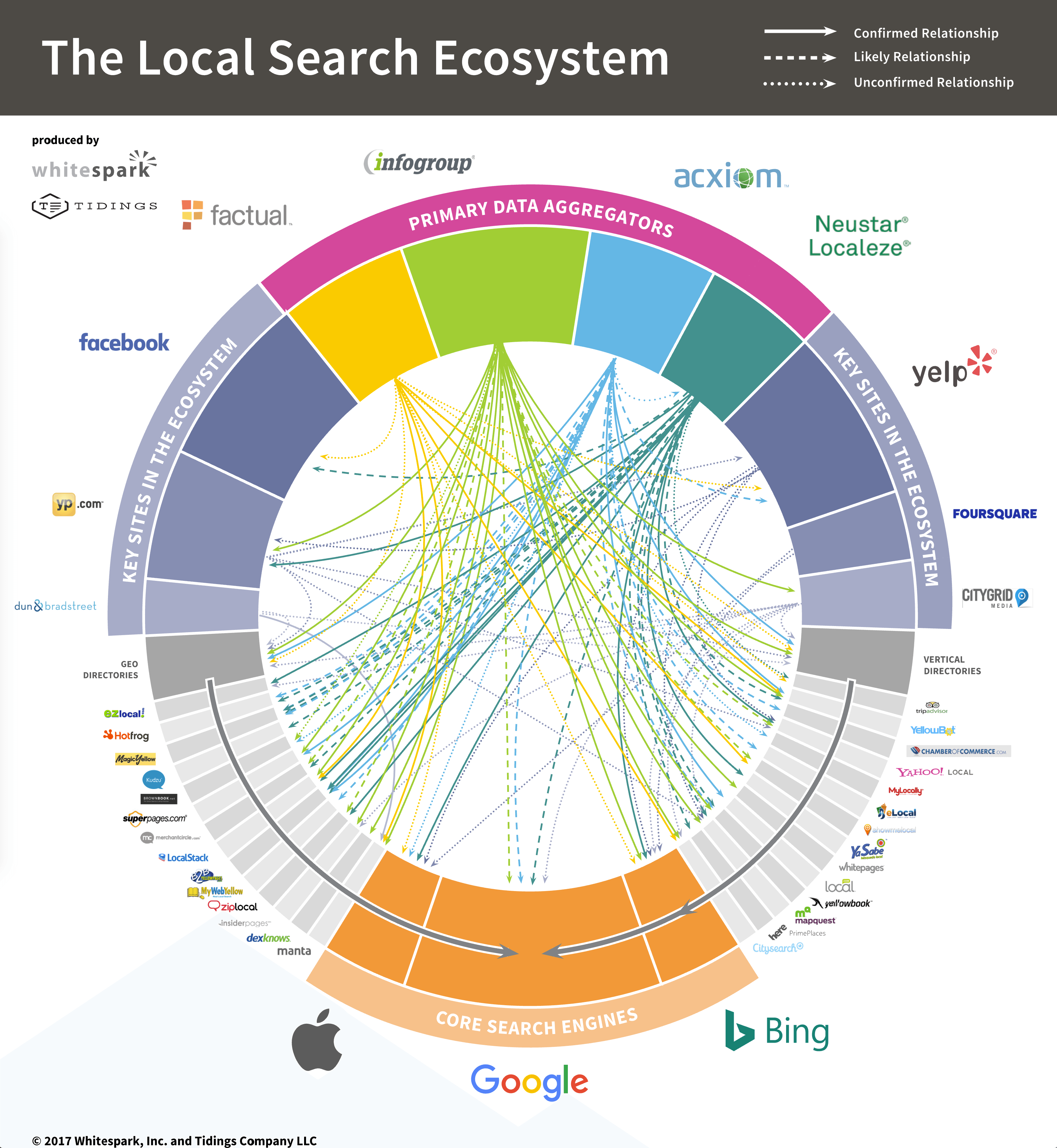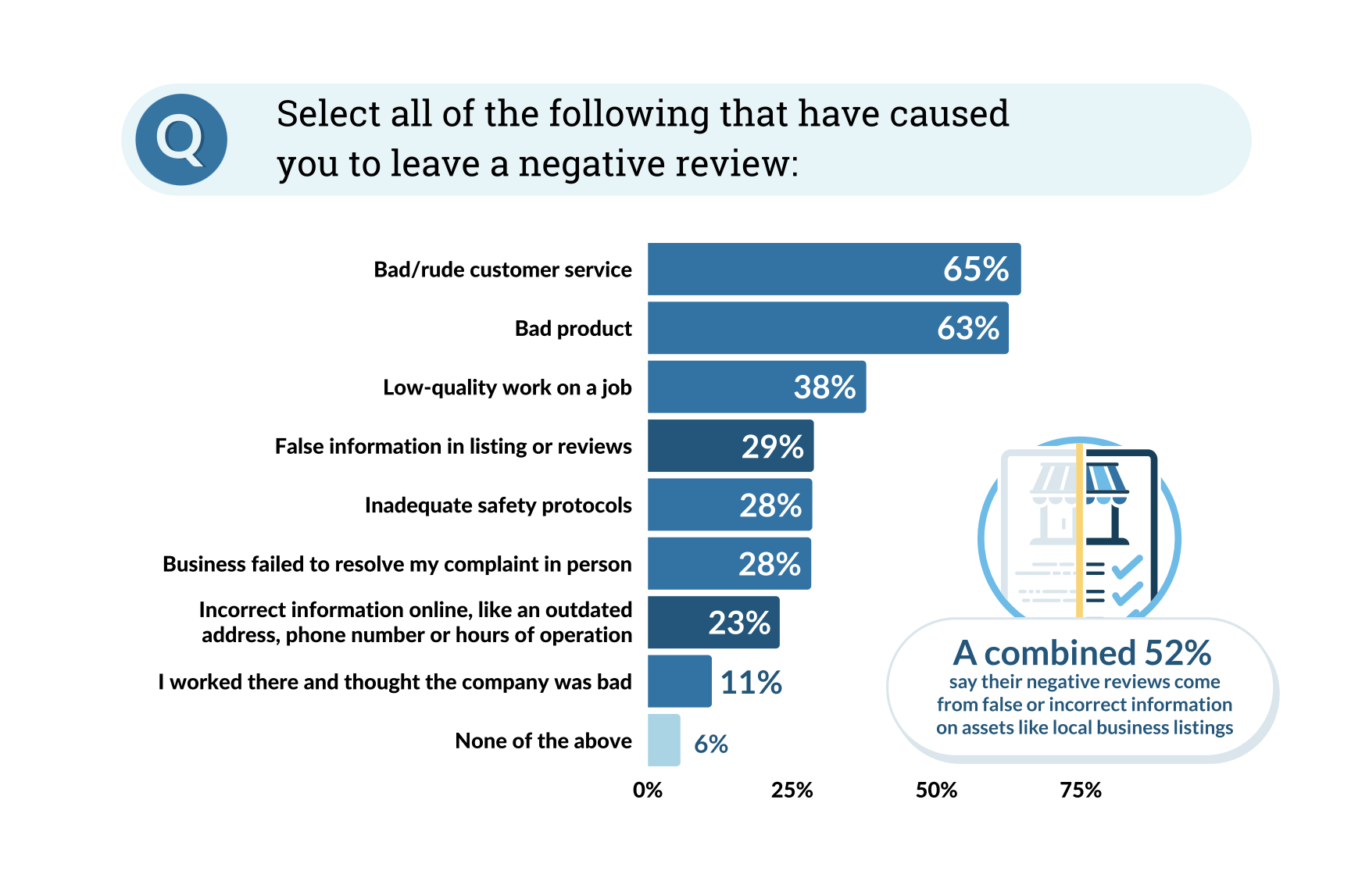🤓 The 2026 Local Search Ranking Factors are here!! Check out the report!
🤓 The 2026 Local Search Ranking Factors are here!! Check out the report!


Some Local SEOs think that citations don’t matter anymore.
Darren disagrees.
In his latest video, he shares some compelling data on the benefits of citations, along with his recommendations for citation consistency.
It’s always been really difficult to test the SEO value of citations. The problem is that when you build 50-100 citations, they go live on the sites at different rates. Some sites are going to take a week or two; another site might take a month or a few months. For some of them it can take a whole year before the moderators review your listing and it actually goes live. On top of that, Google takes a long time to identify and index these citations.
So, listings are taking 6 to 12 months before all of the dust has settled and your citations are out there and indexed. And within that time period, it’s guaranteed that other SEO work happened: you probably updated your website; you got more links; you got more reviews. This makes it really hard to separate the benefits from citations, from the other SEO work.
It’s hard to say that any SEO gains came from a citation, so it’s difficult to test citations. That’s why I find this research from Uberall super compelling.
They analyzed 6000 listings. 3000 of them were only listed on the Base Directory (Google, Apple Maps, Facebook, and Bing), and the other 3000 were listed on an extended network of directories (MapQuest, Super Pages, etc.). They found that the locations that were listed on the extended network of directories had:
They found that the locations that were listed on the extended network of directories had:
Therefore, in terms of general visibility, the locations that had citations built were doing much better. This also converted to more actions happening on the Google Business Profiles. The locations with citations had:
This also converted to more actions happening on the Google Business Profiles. The locations with citations had:
That’s compelling evidence that citations themselves provide a lot of benefits.
But what about citation consistency? Again, it’s really hard to test the impact of citation consistency on SEO, but there’s a really strong case to be made for consistency in general on the sites that get real human traffic.
You have to make sure you have the right information on those sites because you want people to call the right phone number, drive to the right address, and get the right business hours.
But it’s also important to ensure that your information is correct on the data aggregators, too. Those sites tend to propagate across the entire Internet and then feed back into Google, so Google could end up changing your phone number if it’s incorrect at the aggregator. Related to this, Miriam Ellis at Moz recently published a great report, “The Impact of Local Business Reviews on Consumer Behavior,” and one of the things that really stood out to me in her article was that 52% of respondents say their negative reviews stem from false or incorrect information online.
Related to this, Miriam Ellis at Moz recently published a great report, “The Impact of Local Business Reviews on Consumer Behavior,” and one of the things that really stood out to me in her article was that 52% of respondents say their negative reviews stem from false or incorrect information online. Makes sense. If you show up at a business and their listing said that they were open and then they’re closed, and you just drove for 20 minutes to get there… Bad review! Therefore, incorrect information can negatively influence your ratings, too.
Makes sense. If you show up at a business and their listing said that they were open and then they’re closed, and you just drove for 20 minutes to get there… Bad review! Therefore, incorrect information can negatively influence your ratings, too.
There’s a double benefit to having the correct information across all listings. You want people to go to the right place, but you also don’t want negative reviews. This is why consistency on the sites with visibility is important.
Consistency on the broader web is still in question, but I absolutely think you want to be consistent on the key sites that real humans are looking at.
To sum it all up:
I hope that was helpful.
Please let me know if you’re still using citations in your agency and your business. Do you still invest in this as part of your SEO strategy? Are you seeing value? I would love to hear your thoughts.
Whitespark provides powerful software and expert services to help businesses and agencies drive more leads through local search.
Founded in 2005 in Edmonton, Alberta, Canada, we initially offered web design and SEO services to local businesses. While we still work closely with many clients locally, we have successfully grown over the past 20 years to support over 100,000 enterprises, agencies, and small businesses globally with our cutting-edge software and services.